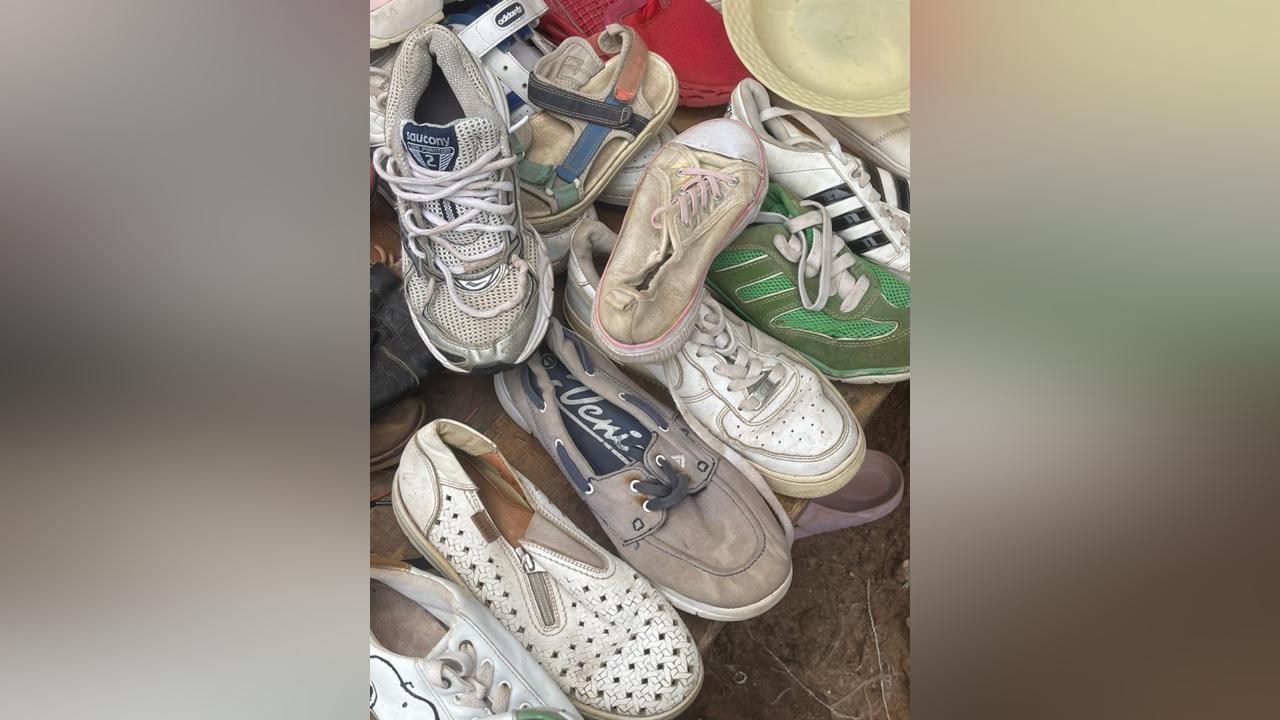Africa-Press – Gambia. Cobblers in Serrekunda have decried the hardship they face during the rainy season, describing it as a nightmare that threatens their livelihoods and pushes many into hunger.
In an interview , Sheikh Omar Kandeh, a cobbler at the Serrekunda market, said survival has become increasingly difficult for shoe repairers who rely on daily earnings to feed their families.
“Lack of customers is my biggest challenge in this rainy season. Sometimes I spend the whole day here and not see a single customer,” Kandeh lamented. “Even transport fare to go home becomes a problem. I live in Sukuta Sanchaba Sulay Jobe, and some days I return with no money at all.”
Kandeh explains that his daily earnings often fall below D400. Without funds to build a proper shop, he operates from a small table in the market, but whenever it rains heavily, he is forced to pack up and leave losing the day’s income.
Aliue Njie, another cobbler based at the Serrekunda–Bakau garage, echoed the same concerns. He notes that the rainy season brings severe challenges for shoe repairers.
“It is really not easy to work here, especially during the rainy season. Things are becoming worse every day, and sometimes it is even difficult to find a place to sit,” Njie said. He added that the Barrow administration’s order for petty traders to vacate public roads further worsened their situation, as many cobblers were relocated to hidden areas where they struggle to attract customers.
Njie stressed the importance of cobblers to society, saying they contribute to the national economy. “Cobblers pay duties to the state, they mend shoes, and help people every day. Our role should be appreciated,” he emphasized.
Demba Baldeh, another cobbler at the Serrekunda market, said the lack of customers is threatening their trade. “It is really disturbing. Even the few customers we get complain about high prices, which forces us to reduce our charges and that doesn’t favor us,” he explained.
Baldeh notes that repairing shoes during the rainy season is particularly demanding because most shoes brought in are dirty, posing health risks. He said this sometimes justifies higher charges, but customers rarely understand.
“Some days I go home with only D100 or even D50, and after paying transport, nothing remains,” he said. Despite the challenges, Baldeh believes shoemaking is a valuable trade that saves people from foot injuries and deserves more recognition and support.
For More News And Analysis About Gambia Follow Africa-Press






